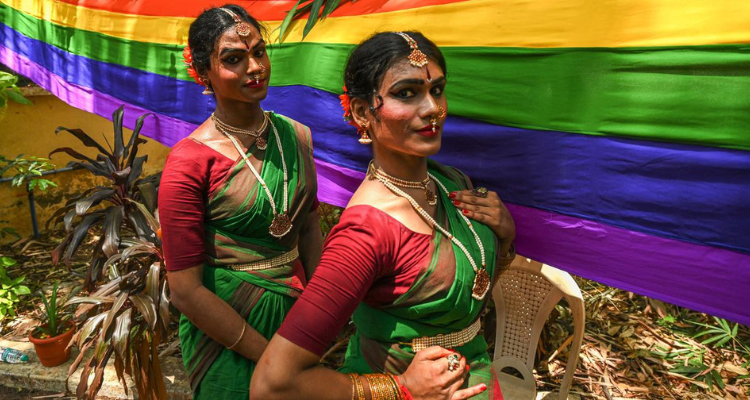
Madras High Court Orders Mandatory Horizontal Reservation for All Transgender Individuals in Tamil Nadu. Justice GK Ilanthiraiyan’s ruling on April 8 invalidated the Tamil Nadu government’s previous order, which limited horizontal reservation for transpersons to those identifying as women. Now, all transgender individuals in the state are entitled to horizontal reservation, cutting across caste-based vertical reservations.
Vertical reservation, applied to Scheduled Castes and Scheduled Tribes (SC/STs), contrasts with horizontal reservation, which includes quotas for persons with disabilities or women.
For example, if there’s a ten percent vertical reservation for SC/STs and a five percent horizontal reservation for transgender individuals, then five percent of SC/ST reserved seats must be allocated to transgender persons from those communities.
The judge deemed such allocation arbitrary and unconstitutional, urging the State to implement horizontal reservation for the transgender community in line with the Supreme Court’s NALSA judgment within 12 weeks. Emphasizing that transgender identity is a distinct gender identity akin to man or woman, the Court underscored the arbitrariness of treating transgender individuals similarly to men under horizontal reservation.
It asserted that granting horizontal reservation based on gender identity should extend to the transgender community, who face social and educational backwardness due to discrimination. Additionally, the Court noted that Karnataka has already implemented the Supreme Court’s judgment by providing one percent horizontal reservation for all transgender individuals in public employment, amending relevant legislation to ensure equitable representation.
During the court proceedings, Rashika Raj, a qualified nurse and transgender individual, challenged the reservation system after being categorized under the Most Backward Class (MBC) vertical reservation instead of horizontal reservation based on gender identity.
Raj emphasized that treating the transgender community as a caste rather than recognizing their gender identity was arbitrary. The Court concurred, stating that effective reservation for the transgender community necessitated addressing the intersection of identities. Consequently, the court deemed the government order (G.O.Ms.No.28) manifestly arbitrary and in violation of multiple articles of the Constitution.
The order was quashed, and the Tamil Nadu government was directed to provide horizontal reservation to the transgender community within twelve weeks, aligning with the Supreme Court’s NALSA judgment.
Read More: Supreme Court, Delhi High Court, States High Court, Other Courts, International




